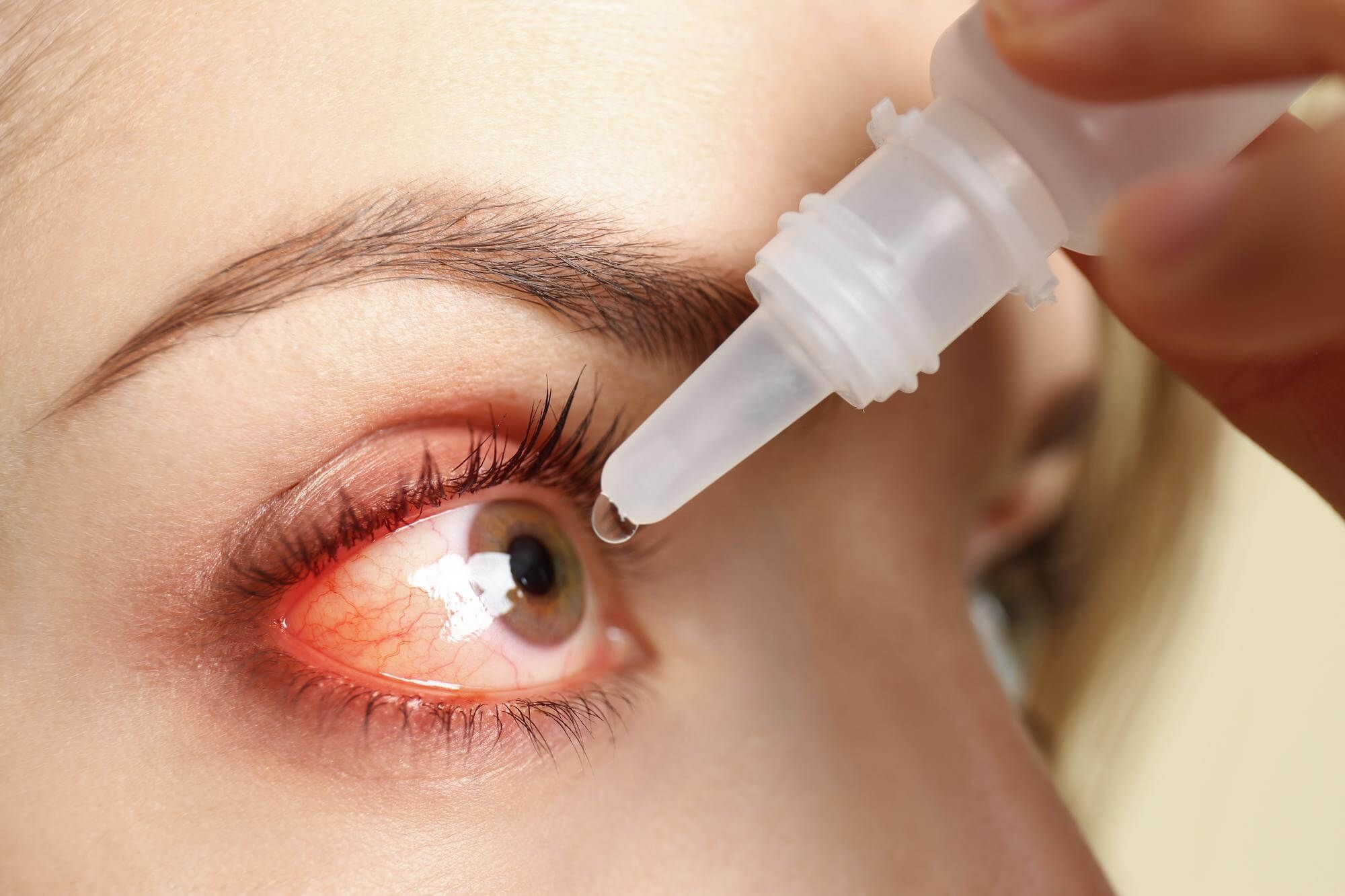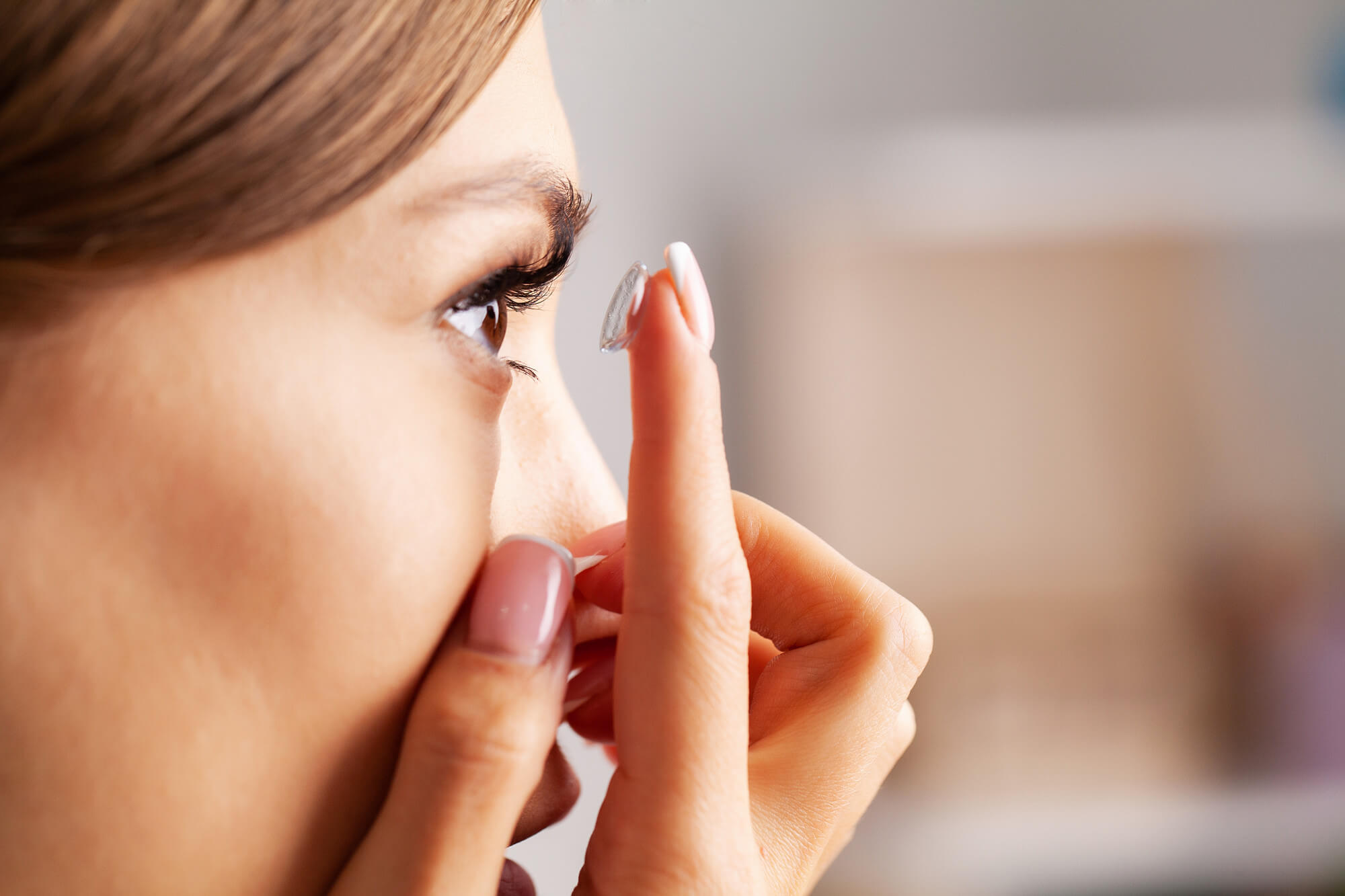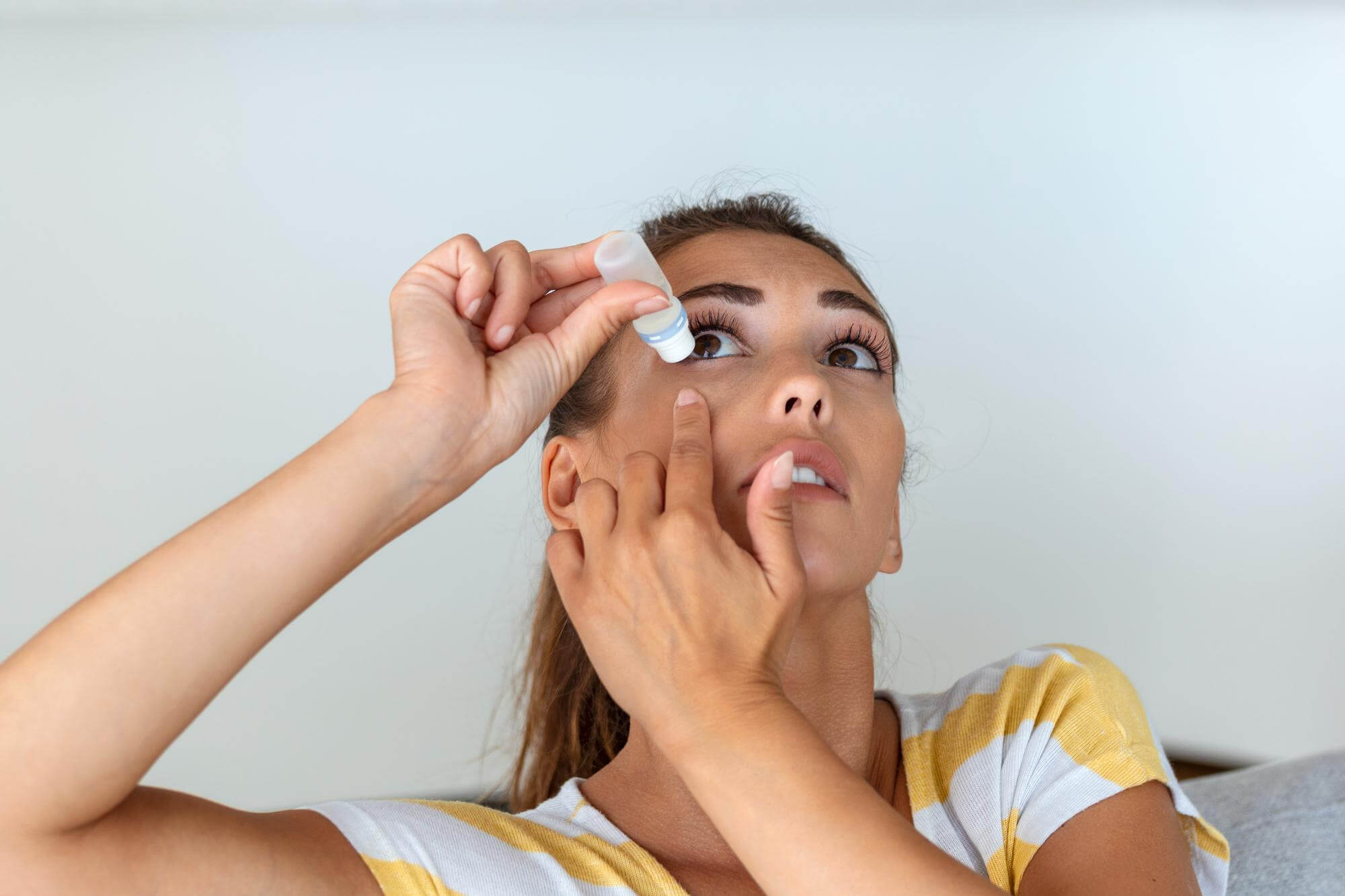What is allergic blepharitis and how to treat it


Eva Zakharova
What is allergic blepharitis?
Allergic blepharitis is an inflammatory disease of the eyelid margins, resulting from an allergic reaction to various external and internal irritants. In addition directly to allergies, this disease may be associated with disorders of sebaceous glands, eye hygiene and other factors.
Causes of allergic blepharitis

Allergic blepharitis can be caused by a variety of allergens, such as pollen, house dust, pet hair, cosmetics, contact lenses, medications and even certain foods.
Factors that predispose to the development of allergic blepharitis include: hereditary predisposition, disorders of sebaceous glands, reduced immunity, eyelid hygiene disorders, stress and the presence of other allergic diseases.
Symptoms of allergic blepharitis
The main symptoms of allergic blepharitis include itching, redness and swelling of the eyelids, lacrimation, feeling of a foreign body in the eyes, morning gluing of lashes, formation of crusts and scales on the edges of the eyelids. In some cases ulceration and scarring of the mucous membrane of the eyes may occur.
Diagnosis of allergic blepharitis
Diagnosis of allergic blepharitis is based on history, physical examination, and allergy tests, such as skin tests for allergies to certain substances.
Treatment of allergic blepharitis

Treatment of allergic blepharitis includes the use of various groups of medications:
In order to relieve the allergic reaction and reduce itching, antihistamines such as Suprastin, Tavegil, Zyrtec, Erius and others may be used.
Corticosteroid medications (e.g., hydrocortisone ointment, dexamethasone, prednisolone) are used to relieve inflammation and swelling. They are prescribed as a course, and the duration of use should be strictly limited.
Moisturizers such as artificial tears (Systein, Oftagel, Vidisik) and gel drops (Korneregel) are recommended to reduce irritation and improve the condition of the eye mucosa.
Non-medicinal treatment
Very important is the observance of eyelid hygiene: regular washing and removal of makeup, the use of individual towels and eye care products.
It is necessary to exclude contact with allergens that cause a reaction: replace cosmetics, refuse to use contact lenses, minimize contact with pets and other irritants.
When prescribed by a doctor, physical therapy procedures such as UHF, magnetic therapy, infrared irradiation may be used, which improve microcirculation and help speed recovery.
Preventing allergic blepharitis

To prevent allergic blepharitis, the following recommendations should be followed:
- Regularly clean and wet-clean the room, especially the bedroom, to minimize exposure to allergens such as house dust.
- Avoid contact with known allergens and irritants.
- Maintain immunity and take care of your health.
- Observe eyelid hygiene and eye care.
- At the first signs of allergies, contact an allergist to prescribe appropriate treatment.
Allergic blepharitis is a common disease caused by inflammation of the eyelid margins caused by an allergic reaction to various allergens. Treatment of allergic blepharitis includes the use of antihistamines, corticosteroid ointments and eye drops, moisturizers and artificial tears, as well as eyelid hygiene, exclusion of allergens and physical therapy procedures. Prevention of the disease is based on preventing contact with allergens, maintaining immunity and good hygiene.
New materials
Popular Articles
We recommend reading
Contact us in the Contact Us section to ask questions, offer ideas, or for more information about our allergy resource.
Our articles are your trusted source of allergy knowledge. Learn how to make life with allergic reactions easier on our specialized portal.
©
Lechenie-Allergii.com. All rights reserved.
© Lechenie-Allergii.com. All rights reserved.
The information on this site is for informational purposes only and is not a substitute for professional medical advice. We recommend consulting with qualified medical professionals for accurate information and advice.
 English
English  Українська
Українська  Русский
Русский 









